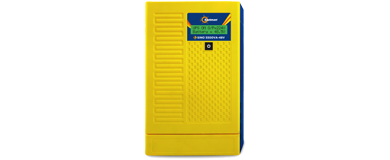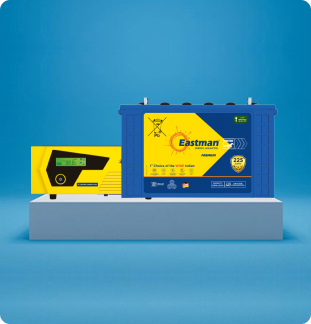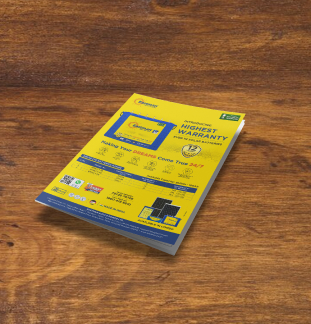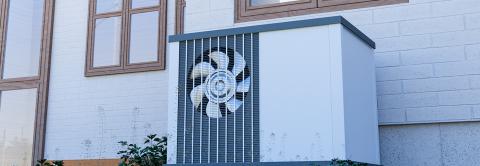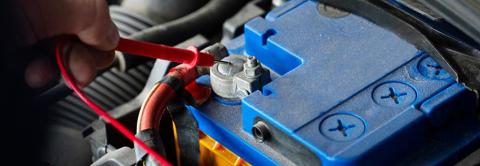Main navigation
Home UPS
Sino-5500VA
VA Rating: 5500VA
Warranty: 10 Years*
Charger: Pure Sine Wave
Sino-5500VA
Input Voltage (Wide Mode)
120V-275V±10V
Input Voltage (Narrow Mode)
180V-260V±10V
Mains Mode Input frequency
Same as mains
Output voltage on Mains Mode
Same as input voltage
Output voltage on Backup Mode
220V ± 15%
Output frequency on Backup Mode
50Hz ± 0.2HZ
Output waveform on UPS mode
Pure sine wave
Switching from Mains to Backup and from Backup to Mains
Automatic
Battery Charging Current
Constant charging approx 10% of the rated battery current in AH
Charger topology
Boost Based PWM Control Multi-Stage Technology with GPM
UPS overload/UPS Short Circuit
110%/300%
UPS Transfer Time
<=15msec
Technology
Micro Controller Based Design
Auto Reset Feature
Yes
Operating Temperature
-10°C to +45°C
Size of product (LxWxH)mm
437X260X441 MM
Sino-5500VA
Unity power factor VA=WATT (*Bulb Load)
Peak Load Peak Output PLPO
Start Run Compressor Load/Motor Load as Per Rating
Start & Run Smps Load (Led Lights) as Per Rating
Full load Output Voltage Highest Among Its Peers @ Normal Battery Voltage
Multistage Software Hardware Protection
Static Changover
Applications
Home
Office
Industrial Units
Hospitals
Schools
Petrol Pump
Download Catalogue
Interested in buying our products?
Fill the enquiry form or call us on:
Blogs
FAQs
An inverter converts DC (Direct Current) to AC (Alternating Current), allowing you to use standard electrical devices with a battery or solar power source.
A 12V inverter operates on a 12-volt DC input, while a 24V inverter uses a 24-volt DC input. Further, with a 12V inverter you can use a single battery whereas with a 24V inverter you can use double battery. Due to this, a 24V inverter is typically more efficient and suitable for higher power and longer backup applications.
A sine wave inverter produces a smooth, consistent waveform similar to utility power, ideal for sensitive electronics. A square wave inverter generates a more abrupt waveform, less suited for sensitive devices. Due to this, the devices are kept safe and perform without any humming noise or flickers.
To choose the right inverter for your home, consider your power needs, battery voltage, and the type of devices you plan to run, ensuring compatibility and efficiency. Use our load calculator to get the best suited recommendations for your requirement.
Yes, you can run heavy appliances like ACs, motors, and mixer grinders on our inverters, provided the inverter has sufficient capacity to handle the load.
The best inverter for your home depends on your power requirements, with our sine wave inverters offering reliability and efficiency for most household needs. Calculate your load now for our recommendations on your requirement.
Our regulated voltage output provides stable power for sensitive devices, while non-regulated output may vary, suitable for less sensitive appliances.
